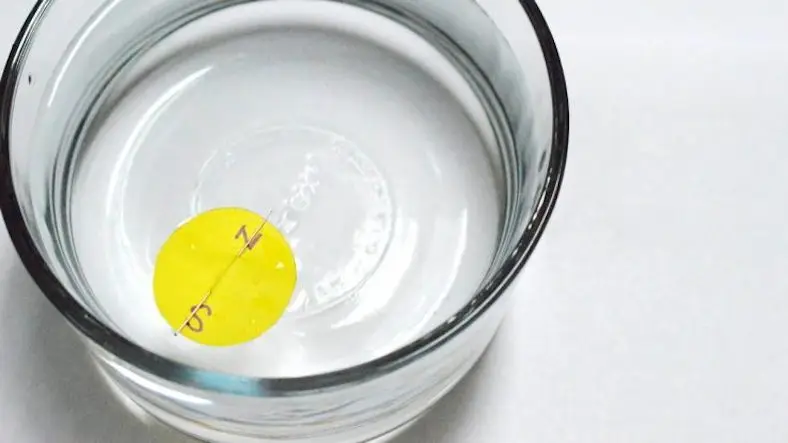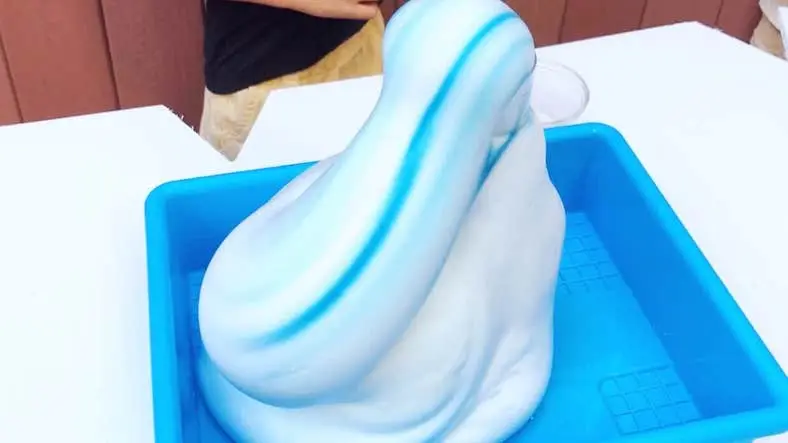Title: Make Your Own Compass - Magnetism Experiment
Objective: To create a simple compass and explore the principles of magnetism.
Materials:
- Small, lightweight magnet (e.g., a bar magnet or a refrigerator magnet)
- Cork or a small piece of Styrofoam
- Small bowl or dish filled with water
- Sewing needle (must be made of steel, not stainless steel)
- Optional: Tape or glue (to secure the magnet to the cork or Styrofoam)
Procedure:
- Place the small magnet on a flat surface.
- Rub one end of the sewing needle against the magnet repeatedly in the same direction. This process magnetizes the needle.
- Prepare the cork or Styrofoam by gently pushing the needle through the center. Ensure the needle is secure and upright, with the magnetized end facing upward.
- Optional: If needed, use tape or glue to secure the magnet to the cork or Styrofoam to ensure it remains in place.
- Fill a small bowl or dish with water. Ensure it is deep enough to float the cork or Styrofoam with the needle.
- Carefully place the cork or Styrofoam with the needle onto the surface of the water, ensuring it is free to rotate and settle naturally.
- Observe the needle's behavior. It should align itself in a north-south direction.
- Use another compass or a compass app on a smartphone to confirm the alignment of the needle with the Earth's magnetic field. Note that the end of the needle pointing towards the North is the North-seeking pole.
- Discuss with children the concept of magnetism and how the Earth itself acts as a giant magnet, creating a magnetic field. Explain that the needle aligns itself with the Earth's magnetic field, providing a basic compass.
Safety Considerations:
- Adult supervision is recommended, especially when handling the sewing needle to prevent injury.
- Be cautious when working with small magnets, as they can attract or stick to metallic objects.
This experiment allows children to create their own compass and explore the principles of magnetism. It promotes scientific observation, hands-on learning and an understanding of how magnets interact with Earth's magnetic field. Enjoy the process of making and using your homemade compass.
Thanks for reading the article, for more Science and Technology related articles read and subscribe to peoples blog articles.















